World Meteorological Organisation says climate events hit 62 million people worldwide
The World Meteorological Organisation says climate events hit 62 million people in 2018.
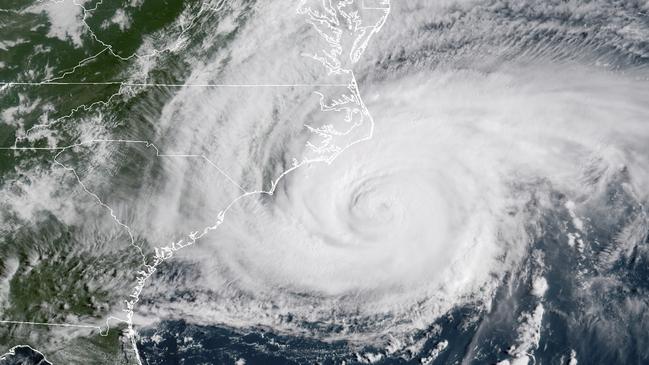
The World Meteorological Organisation has set the tone for a UN-backed Climate Action Summit this year with a new report which details rising temperatures and higher impacts from climate change.
The September summit called by UN Secretary General, Antonio Guterres, is designed to put pressure on world leaders to lift their ambition to curb greenhouse gas emissions.
Secretary General Guterres said the latest WMO report was “an indispensable contribution to global efforts to avert irreversible climate disruption”.
In a statement on the global climate in 2018, the WMO said weather and climate events had accounted for most of nearly 62 million people affected by natural hazards last year and forced 2 million people to relocate.
Between 2000 and 2016, the number of people exposed to heatwaves was estimated to have increased by around 125 million.
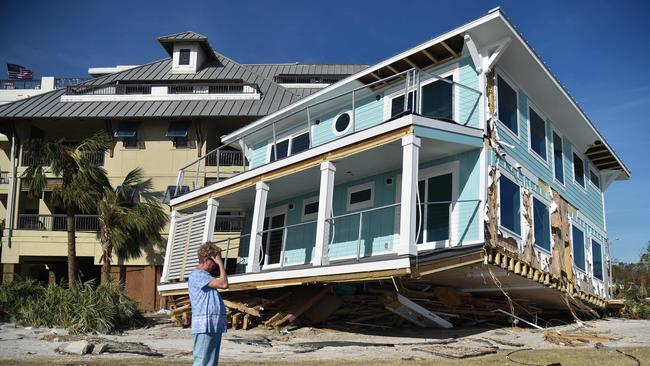
Mr Guterres said the data released in the WMO report “give cause for great concern.”
“These data confirm the urgency of climate action,” he said.
The Secretary General called on all leaders to “come to New York in September with concrete, realistic plans to enhance their nationally determined contributions by 2020 and reach net zero emissions around mid-century.”
The WMO reports, the latest one is the 25th, provide a foundation on which other UN organisations have been building the links between observed climate variability and change and associated impact on societies.
“The time remaining to achieve commitments under the Paris agreement is quickly running out”, WMO Secretary General, Petteri Taalas, said.
He said key findings of the latest statement include consecutive record warming recorded form 2015 through 2018, the continuous upward trend in the atmospheric concentration of the major greenhouse gases, the increasing rate of sea-level rise and the loss of sea ice in both northern and southern polar regions.
According to WMO, the year 2018 was the fourth warmest on record and the past four years were the top four warmest years in the global temperature record.
The year 2018 was the coolest of the four.
According to continental numbers from NOAA, 2018 was ranked in the top 10 warmest years for Africa, Asia, Europe, Oceania and South America. North America did not rank among the top 10 warmest years, coming 18th in the 109-year record.
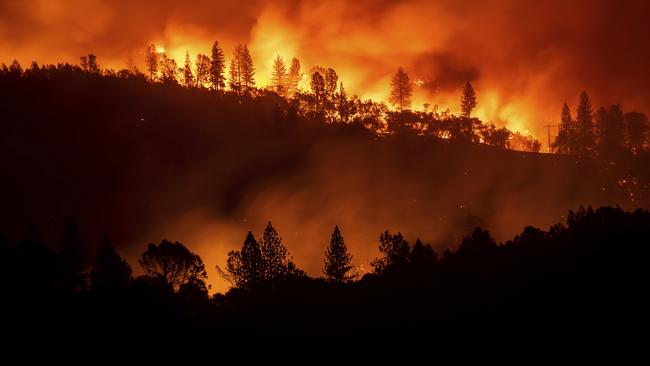
WMO said its assessment of global temperatures presented in the Statement was based on five datasets.
Three were based on temperature measurements made at weather stations over land and by ships and buoys on the oceans, combined using statistical methods.
Two other combined millions of meteorological and marine observations, including from satellites, with modelled values to produce a complete “reanalysis” of the atmosphere.
WMO said the combination of observations with models made it possible to estimate temperatures at any time and in any place across the globe, even in data-sparse areas such as the polar regions.
“The high degree of consistency of the global averages across these datasets demonstrates the robustness of the global temperature record,” WMO said.
The Organisation said increasing levels of greenhouse gasses in the atmosphere were key drivers of climate change with GHG concentrations reaching new highs of 405.5 parts per million in 2017.
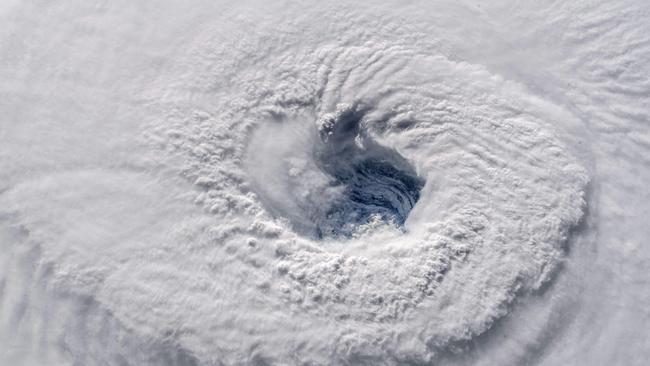
WMO said Arctic sea-ice extent was well below average throughout 2018 and was at record low levels for the first two months of the year.
The Antarctic sea-ice extent reached its annual maximum in late September and was 17.82 million square km below average and the second smallest on record.
Rainfall was higher than average in some regions and below average in others.
Below normal precipitation were found in central and east Australia, the northern and easter coast of the Arabian Sea and north-east of the Caspian Sea, but also at some spots in Central and North America and Southern Africa.
The tropical cyclone season in the northern hemisphere was active in 2018.
Southern hemisphere activity in the 2017/18 season was near average, with 22 cyclones.
WMO said determining the causal factors, including anthropogenic forcings, that contributed to or influenced the probability of extreme events was an area of ongoing research.
It said care was needed in attempting a synthesis of extreme event attribution studies.
“A number of factors influence the process by which events are selected for study,” the WMO report said.
“One must also be aware that the same factors that increase the likelihood of certain extreme events can also reduce the likelihood of others; the absence of extremes also needs to be considered in a balanced view,” it said.


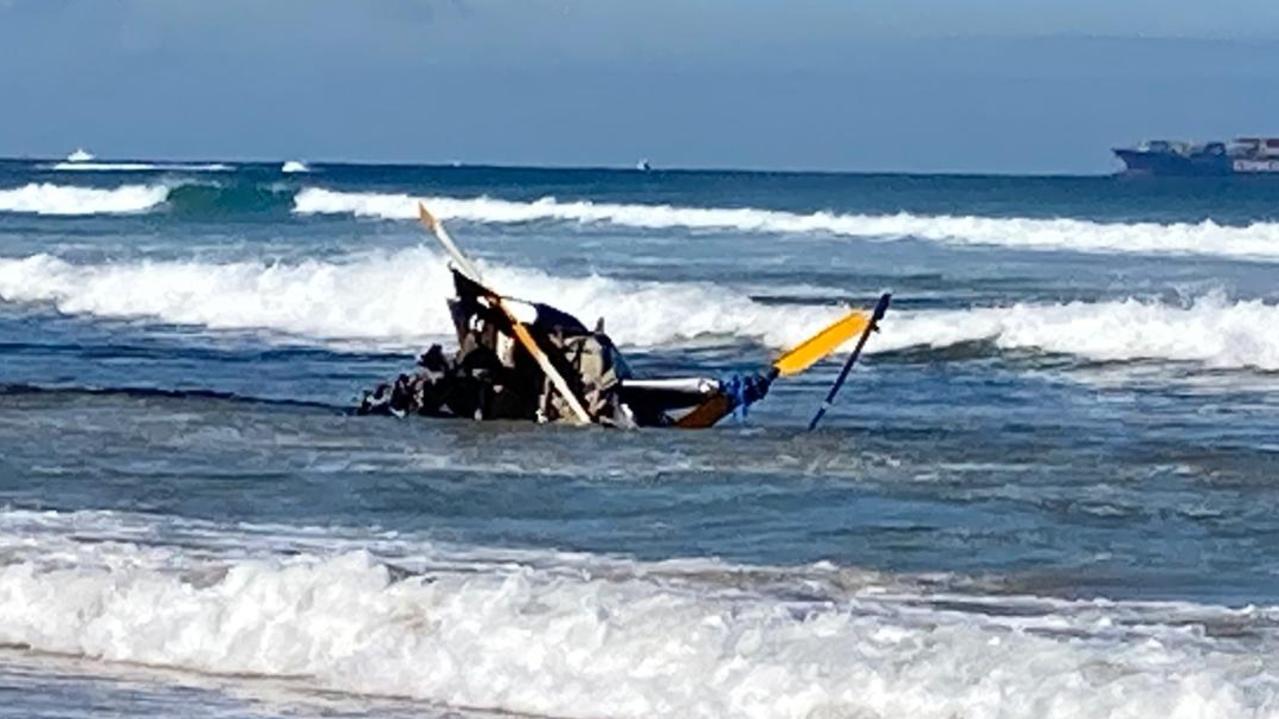
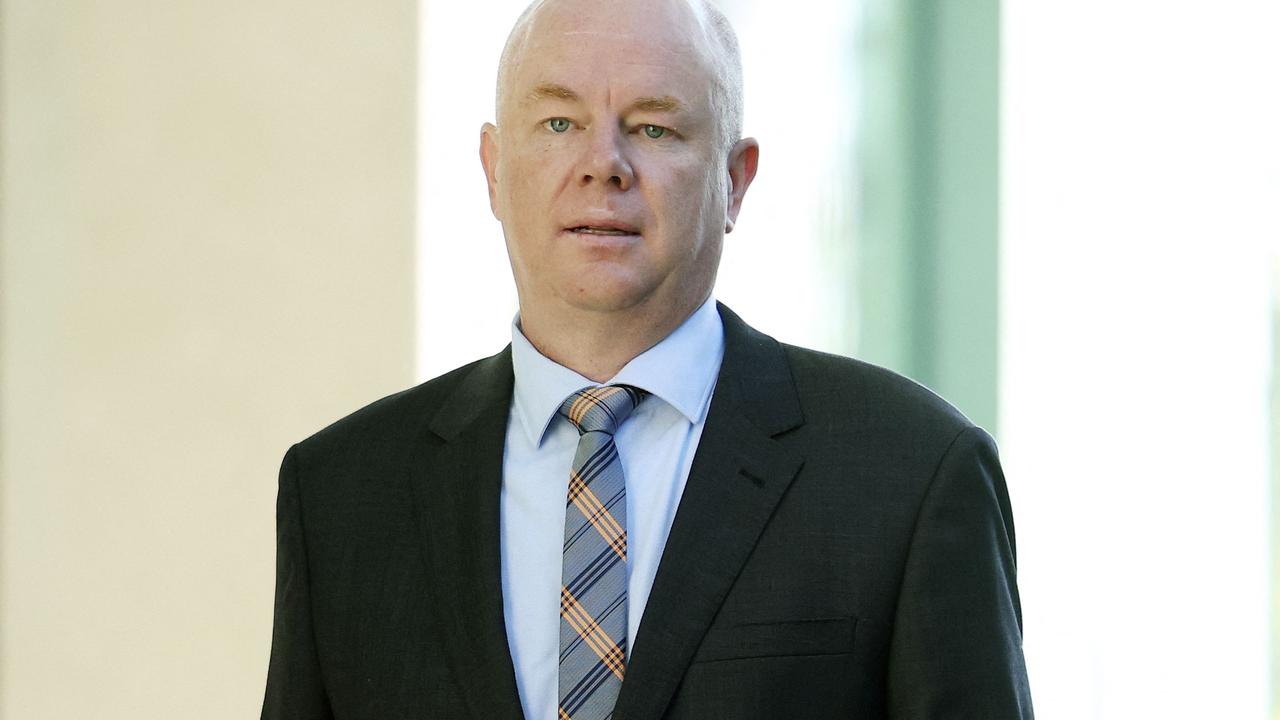
To join the conversation, please log in. Don't have an account? Register
Join the conversation, you are commenting as Logout